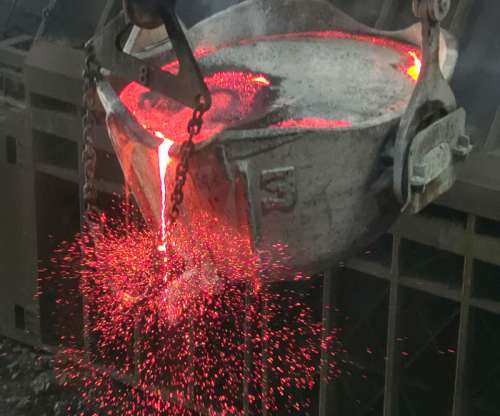California ARB soliciting research suggestions for FY 2012-2013 plan; sustainable communities, behavior, pollutant exposure, air pollution science, GHG targets
Green Car Congress
DECEMBER 25, 2011
The deadline to submit research concepts is 31 January 2012. The FY 2011-2012 plan focused primarily on five areas of interest: sustainable communities; behavior and technology adoption; health and air pollution exposures; air pollution science; and greenhouse gas targets.












Let's personalize your content